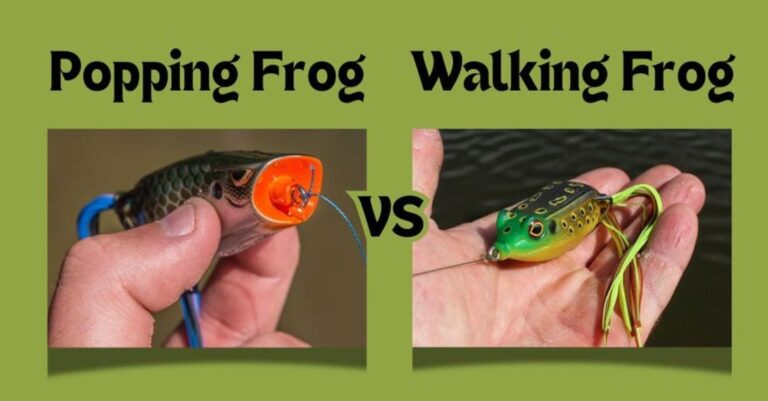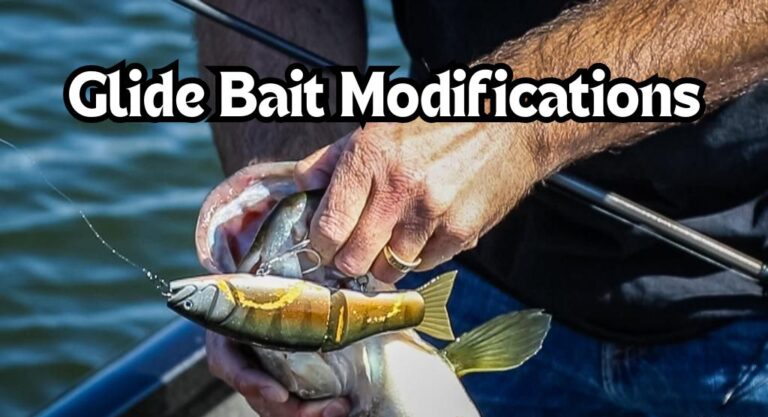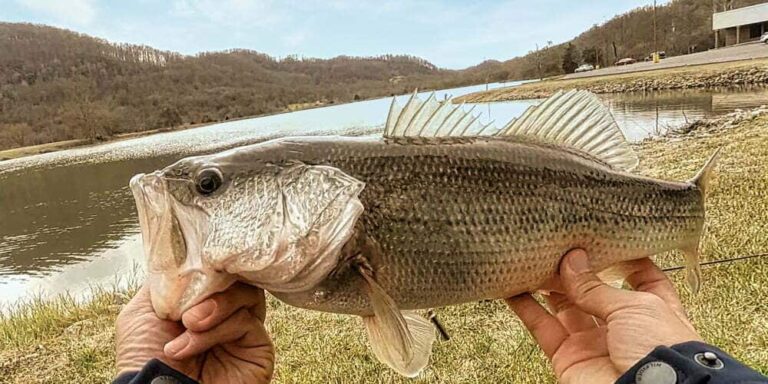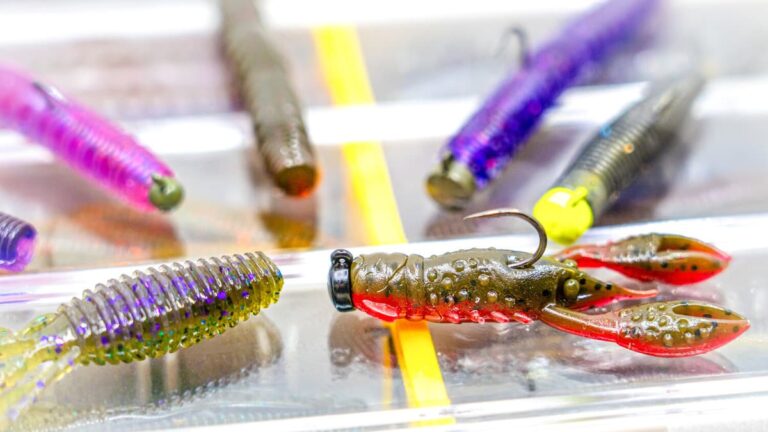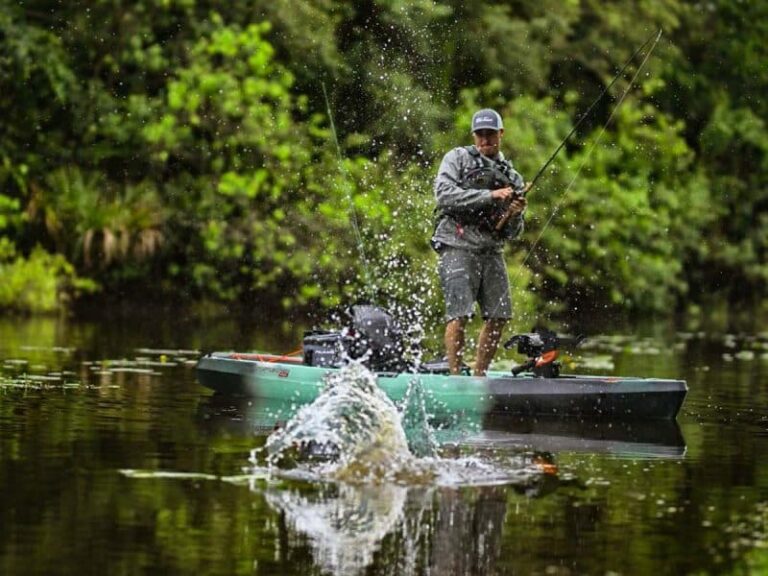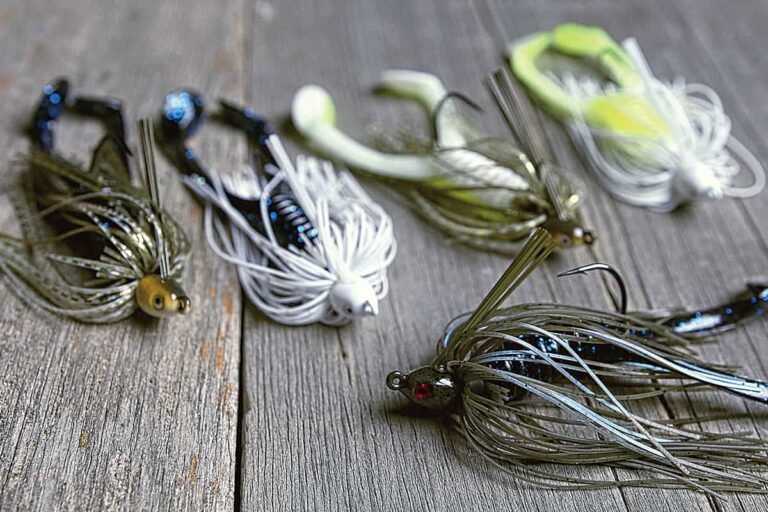Do Bass Remember Being Caught? How Bass Memory Works and Affects Fishing
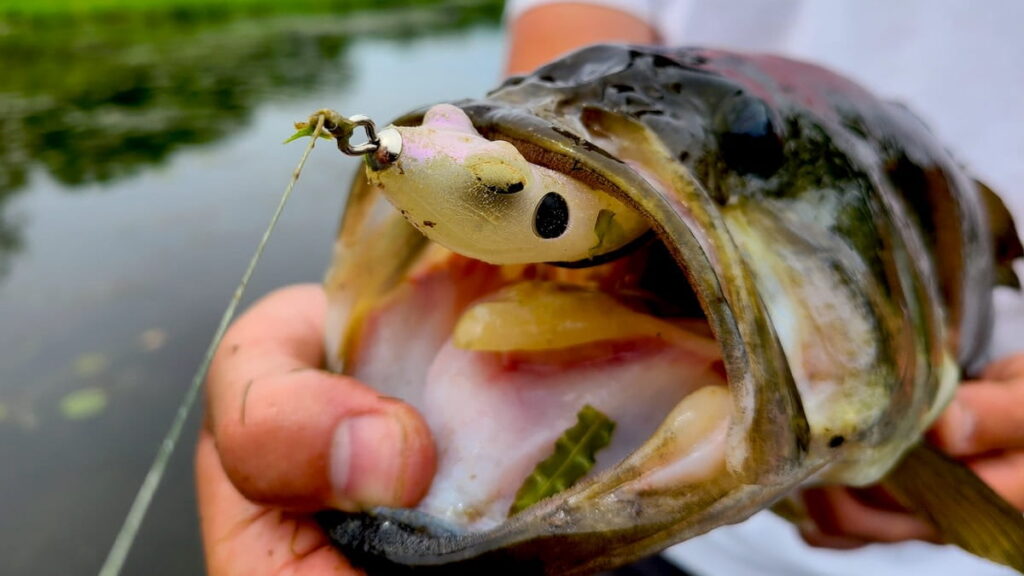
Do bass remember being caught? Yes, bass do have memory capabilities, primarily in the form of short-term memory.
They can learn from past experiences, influencing their behavior, especially in response to stressful events like being caught and released.
However, the extent and duration of their memory, particularly regarding long-term memory, are still subjects of ongoing research.
Understanding bass memory is crucial for responsible fishing practices and conservation efforts to ensure the sustainability of bass populations.
The Biology of Bass Memory
The memory capabilities of bass, like other fish species, are an intriguing aspect of their biology. While fish brains differ significantly from those of mammals, they still exhibit memory functions.
Bass belong to the teleost group, a class of bony fish known for their diverse cognitive abilities.
Despite having smaller brains and different brain structures compared to mammals, bass possess distinct regions responsible for memory processes.
These regions include the telencephalon and hippocampus, which are associated with memory and learning in fish.
Short-term memory is crucial for bass as it enables them to remember recent events and adjust their behavior accordingly.
For instance, bass may learn to avoid specific areas or fishing lures they associate with negative experiences, such as escaping a previous fishing attempt.
However, long-term memory in bass is less well understood. Some studies suggest that they can retain memories of past events for extended periods, particularly if the events were associated with significant stress or reward.
Yet, the duration and complexity of their long-term memory remain subjects of ongoing research.
Environmental factors also influence bass memory. The complexity of their habitat, water quality, and stress levels can affect their cognitive abilities.
Healthy and unstressed bass may have better memory retention than those exposed to unfavorable conditions.
Studies of Bass Memory
In recent decades, advances in technology and research techniques have enabled scientists to delve deeper into bass memory.
Notable experiments have been conducted to understand how bass retain and utilize memory in their daily lives.
One study involved training bass in a controlled environment to respond to specific visual cues, demonstrating their ability to learn and remember tasks.
Another noteworthy experiment examined the impact of stress on bass memory. Fish subjected to stressful conditions, such as simulated predation or handling, displayed altered memory retention patterns compared to unstressed fish.
These findings shed light on how external factors can influence bass memory.
Additionally, researchers have investigated associative learning in bass, where they connect certain stimuli with rewards or punishments.
This type of learning allows bass to remember and respond to previous encounters, affecting their future behavior and foraging strategies.
Short-term vs Long-term Memory of Bass
The memory capabilities of bass can be categorized into two main types: short-term memory and long-term memory.
Each type plays a distinct role in the behavior and adaptability of these elusive aquatic creatures.
Short-term Memory
Short-term memory in bass refers to the ability to remember recent events or experiences over a short period.
This form of memory allows bass to adapt their behavior quickly in response to immediate challenges or changes in their environment.
For example, if a bass encounters a particular fishing lure and manages to escape, it may remember the encounter for a short time and become cautious around similar lures in the future.
Short-term memory typically lasts from a few minutes to several hours.
Long-term Memory
Long-term memory involves the retention of information over an extended period, potentially spanning weeks, months, or even longer.
Unlike short-term memory, long-term memory enables bass to recall past experiences and learn from them over time.
For instance, a bass might remember certain feeding grounds or favorable habitats, helping it make informed decisions about where to find food or seek shelter.
Do Bass Learn to Not Bite Lures?
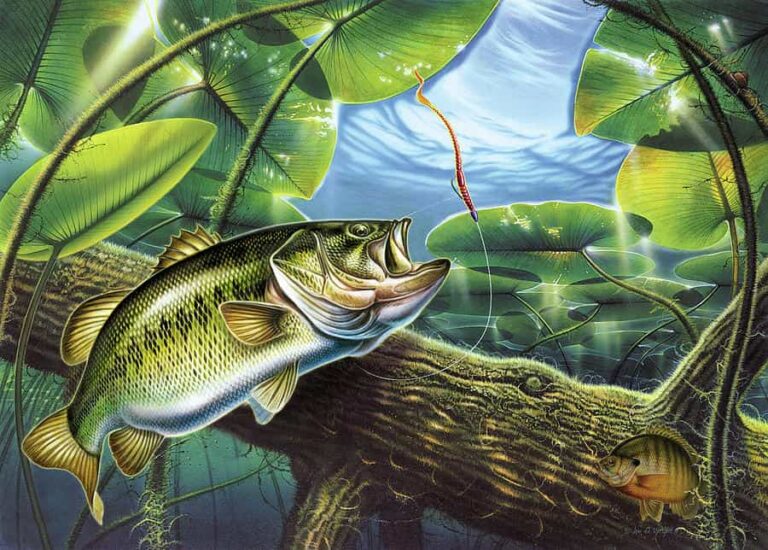
Well, you know, bass are pretty smart fish, and if bass live long enough, the can learn the difference between a lure and the real thing.
You see, if a bass encounters a certain type of lure multiple times and it doesn’t result in a tasty meal, they might start to associate it with danger or a bad experience.
It’s kind of like us humans learning not to touch a hot stove after getting burned once, right? Bass can develop a similar “once bitten, twice shy” mentality.
So, if they’ve had some bad experiences with lures, they may become more cautious and less likely to bite them in the future.
But don’t worry, anglers have a way around this! They often use a technique called “changing it up.”
By switching to different types of lures, colors, sizes, and even presentation styles, anglers can keep the bass guessing.
This unpredictability can help increase the chances of getting a bite, even from those crafty, lure-wise bass.
So, while bass might learn to be a little pickier with certain lures, with a bit of angler ingenuity, there’s still plenty of fun to be had trying to outsmart these clever underwater predators!
The Effect of High Fishing Pressure on Bass

As we’ve explored the intriguing world of bass memory and catch-and-release practices, it’s essential to understand how high fishing pressure can affect these elusive fish.
Fishing pressure refers to the intensity and frequency of fishing activities in a particular area, and it plays a significant role in shaping bass behavior.
When fishing pressure increases in a specific water body, bass experience more encounters with anglers and their lures.
These frequent interactions can lead to heightened cautiousness among the bass.
Over time, they become more wary and selective, making them less likely to bite on standard lures and bait presentations.
As bass start associating fishing lures with potential threats, they become increasingly reluctant to engage with them.
Their memory comes into play here, as they recall past negative experiences, like escaping a fishing hook, and avoid similar situations in the future.
This phenomenon can create the perception that bass have stopped biting altogether, making fishing trips less fruitful and frustrating for anglers.
The theme of our article comes into play here – finding harmony in conservation and fishing.
High fishing pressure can impact bass behavior, making it crucial for us to embrace responsible fishing practices, like catch-and-release.
By reducing stress on bass through proper handling and giving them time to recover after a catch, we can mitigate the negative effects of fishing pressure.
Also Read: Best lures for Pressured Bass
Key Points
- Bass Memory Capabilities: Bass possess memory capabilities, primarily in the form of short-term memory, enabling them to learn from past experiences and adjust their behavior.
- Bass Brain Structure: Despite differences in brain structures compared to mammals, bass have distinct memory-related regions, including the telencephalon and hippocampus.
- Short-term Memory in Action: Short-term memory allows bass to quickly adapt their behavior in response to immediate challenges or changes in their environment, such as avoiding specific areas or lures.
- Long-term Memory Research: Ongoing research explores the extent and duration of bass long-term memory, suggesting they may retain memories of past events for extended periods, particularly those associated with significant stress or reward.
- Environmental Factors: Habitat complexity, water quality, and stress levels can influence bass memory, with healthy and unstressed bass exhibiting better memory retention.
- Studies on Bass Memory: Advances in technology have enabled scientists to conduct experiments on bass memory, revealing their ability to learn and remember tasks, the impact of stress on memory, and associative learning.
- Short-term vs Long-term Memory: Bass memory can be categorized into short-term and long-term, each playing a distinct role in their behavior and adaptability.
- Learning to Avoid Lures: Bass can learn to distinguish between lures and real prey. Negative experiences with certain lures may make them more cautious, but anglers can overcome this by using different types of lures, colors, sizes, and presentation styles.
- Effect of Fishing Pressure: High fishing pressure can make bass more wary and selective, associating lures with potential threats. Responsible fishing practices, like catch-and-release, are essential to mitigate the negative effects.
FAQ
Q1: Do bass have long-term memory? A: Research suggests that bass may have long-term memory, retaining information over extended periods, especially if associated with significant stress or reward. However, the duration and complexity of long-term memory are still subjects of ongoing research.
Q2: How can anglers overcome bass learning to avoid lures? A: Anglers can use the technique of “changing it up” by switching to different types of lures, colors, sizes, and presentation styles. This unpredictability can increase the chances of getting a bite from bass that have become cautious.
Q3: How does fishing pressure affect bass behavior? A: High fishing pressure can make bass more wary and selective, associating fishing lures with potential threats. This increased caution can result in bass being less likely to bite on standard lures and bait presentations, making fishing less fruitful for anglers.
Q4: Why is catch-and-release important for bass conservation? A: Catch-and-release practices are crucial for conservation as they help reduce stress on bass through proper handling and giving them time to recover after a catch. This minimizes the negative effects of fishing pressure and contributes to the sustainability of bass populations.
Reeling this In
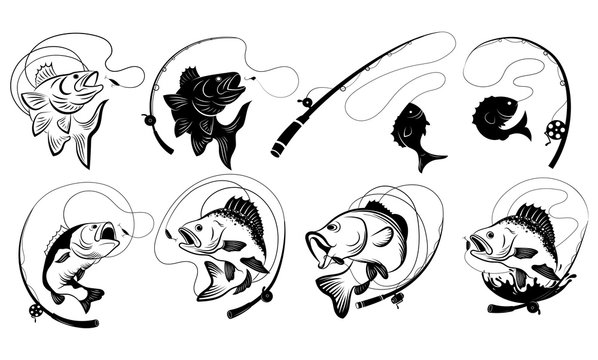
So, do bass remember being caught?
Yes, they do have memory capabilities, but they don’t retain information very will long term.
For this reason, high pressure fishing can lead to bass being hard to catch.
Catch-and-release practices can be beneficial for conservation, but we must handle bass with care to minimize stress and injuries.
Let’s strike a balance between our love for fishing and protecting these remarkable underwater creatures for the future.
Happy fishing, and may the bass swim strong and free! Tight lines, everyone!

